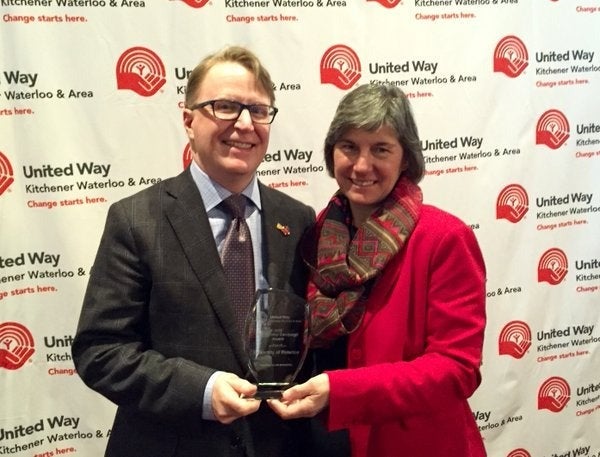Editor:
Brandon Sweet
University Communications
bulletin@uwaterloo.ca
Distinguished Teachers named for 2016
The 2016 Distinguished Teacher Awards will be presented to four faculty members at convocation, Associate Vice-President, Academic Mario Coniglio announced at last night’s meeting of the University Senate. The recipients are:
- Jee-Hae Lim, School of Accounting and Finance;
- Robert McKillop, Civil and Environmental Engineering;
- Katie Plaisance, Knowledge Integration; and
- Mark Pritzker, Chemical Engineering.
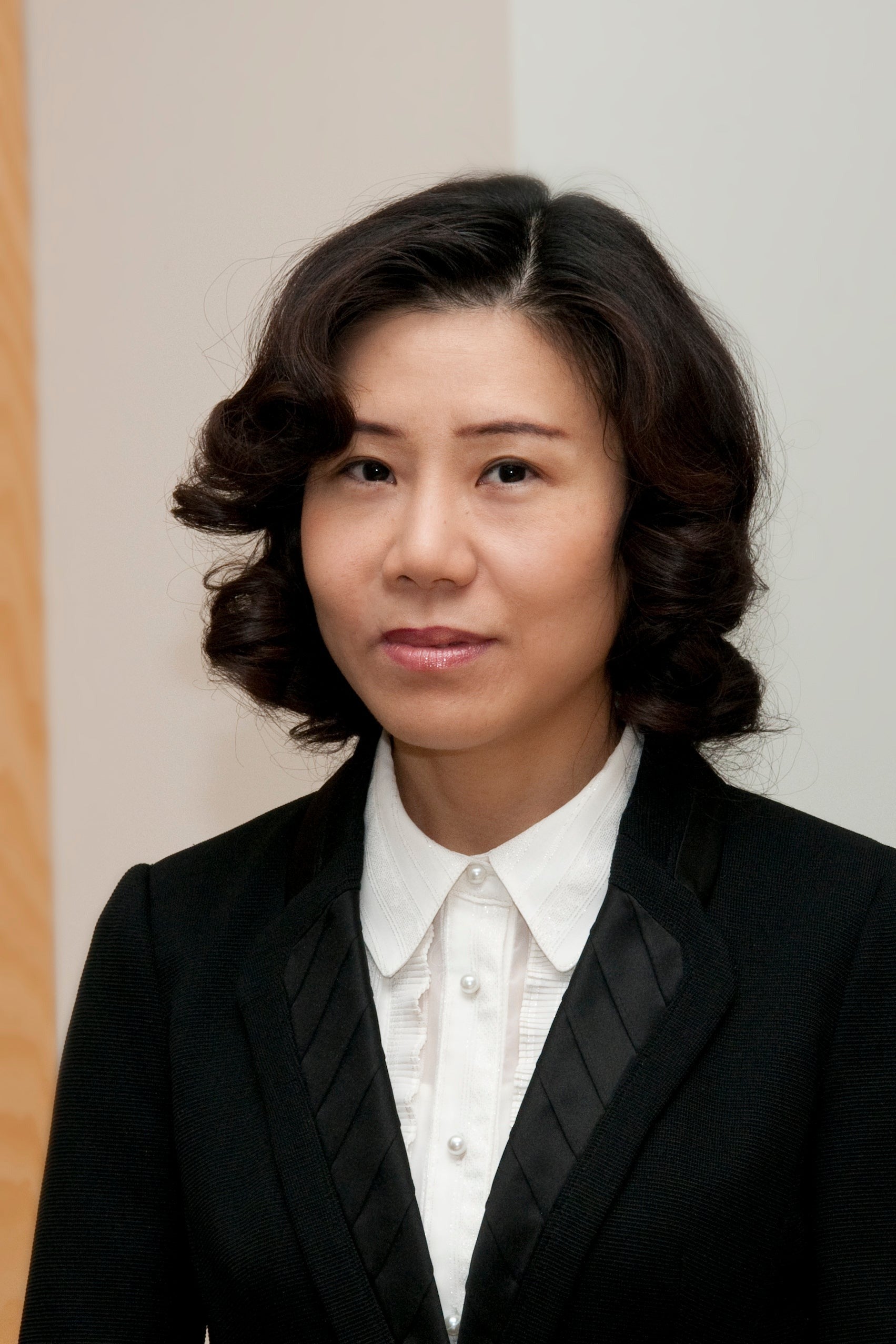
Jee-Hae Lim (Associate Professor, School of Accounting and Finance)
Since she joined the University of Waterloo in June 2006, Lim has been credited for taking a course that students approached with trepidation and turning it into a course that students love. She is known for establishing a personal connection with students, even in large classes – by learning names, doing homework checks in the classroom, and offering career advice during her office hours. One undergraduate described Lim as “dynamic in the classroom, supportive during office hours (regular and extended), and overall a great instructor and person to interact with.” Lim’s innovative assignments are designed to get students to extend their knowledge beyond the classroom and the textbook. An alumna commented that, “Jee-Hae is like an invisible hand, gently pushing from behind, [and] encouraging people to accomplish that which at first seems impossible, pausing and applauding as each milestone is reached before gently pushing again towards an even higher goal.” One of Lim’s colleagues wrote that, “She brings the same analytical and comprehensive approach to delivering her courses that she brings to developing her research. In both cases, her performance is exemplary.”
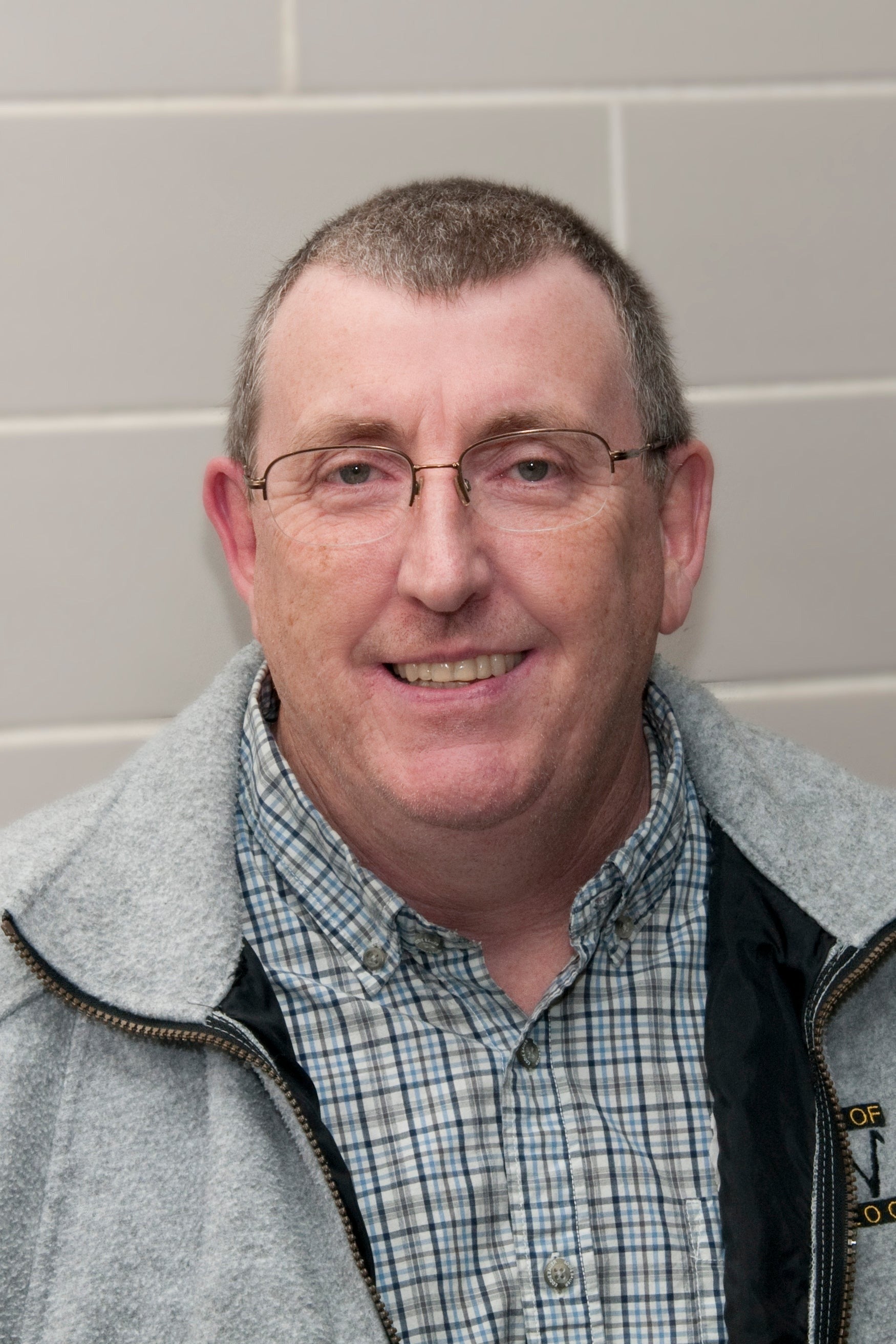
Robert McKillop (Lecturer, Civil and Environmental Engineering)
McKillop is known simply as “Bob” to students and colleagues alike. Since joining the university full time in 1999, he has taught a variety of courses at both the undergraduate and graduate levels. McKillop is recognized for his one-on-one support of students, consistently high level of preparation, real world relevance in his courses, and setting demanding but realistic standards. These factors contribute to McKillop’s students being more successful. “It is noteworthy,” commented one of McKillops colleagues, “that in recent years, the Electrical, Computer, and Management Engineering programs have begun to implement Bob’s strategies in their 1A term so that their students can benefit from the ‘Bob Effect.’” As a current undergrad noted, “Dr. McKillop is one of the first faces they see, and he stays with them until they have successfully navigated their first year of undergrad.” An alumna elaborates, “In the 15 years that I have known him, there is one thing that has never changed: he is as excited each September to meet his new first-year students as he was the previous September. Bob is not only excited to meet his new students, he is hopeful for their future and what they can accomplish.”
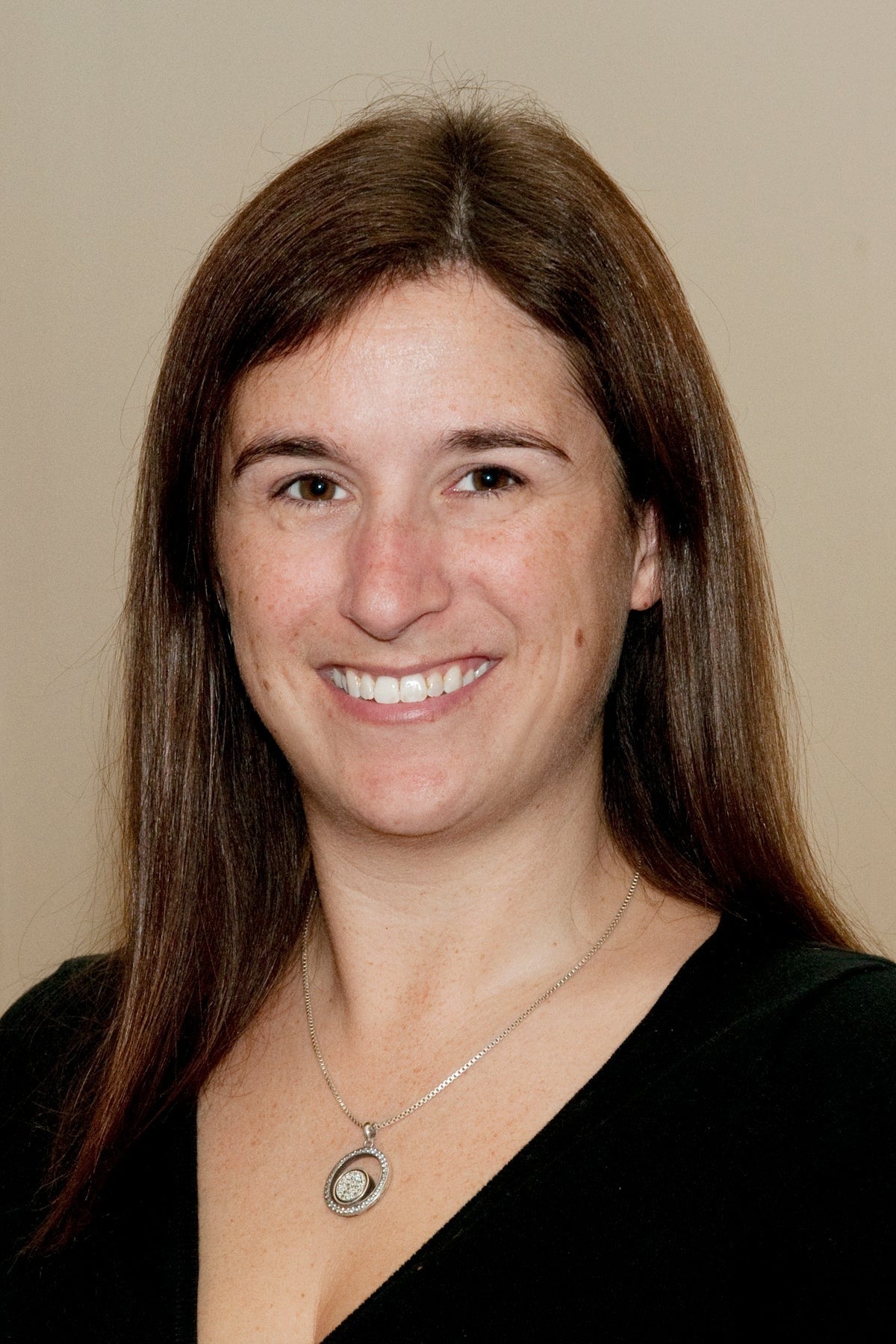
Kathryn Plaisance (Associate Professor, Associate Chair, Undergraduate Studies, Knowledge Integration)
Plaisance, who has been at Waterloo since 2009, has been a valuable foundational member of the Knowledge Integration program, and has had a transformative impact on her colleagues. Along with many presentations to peers about her teaching practices, Plaisance created a workshop with her students to help other faculty members implement collaborative strategies into their teaching. Many faculty members who attended remarked that the experience would change the way they taught in their own classrooms (she and her students have been asked to run a second such workshop in April). Plaisance is known for being approachable to students and makes herself available to meet outside of class to discuss matters that are affecting them – both personally and academically. One undergraduate student commented that “Katie has the ability to challenge her students while simultaneously building academic confidence. Every student that takes a class with Katie grows as a writer, philosopher, learner, and listener.” To quote one of Plaisance’s colleagues, “Her pedagogy is rigorous and exciting at the same time. She is rapidly emerging as one of UWaterloo’s leading exemplars in teaching.”
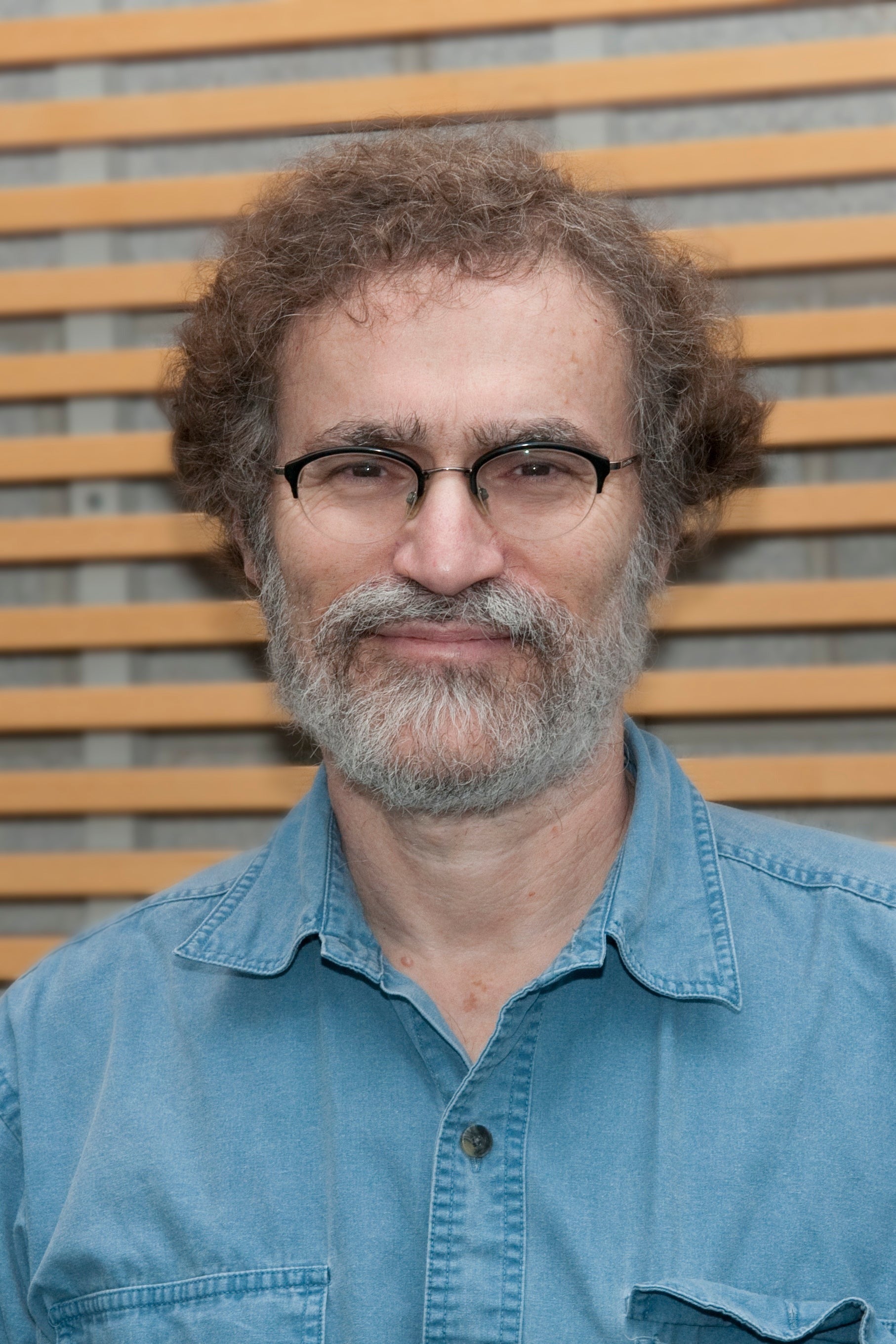
Mark Pritzker (Professor, Chemical Engineering)
Pritzker is the Teaching Champion for the Department of Chemical Engineering. Many nominators noted Pritzker’s natural ability to engage students, his organization of lectures, and his enthusiasm towards the course material – “it is impossible not to be impressed.” One undergraduate noted that “he’ll ask the students questions to prompt them into thinking, if he observes that they aren’t retaining the material well. He pays very close attention to the students’ body language and adapts his teaching accordingly.” An alumnus turned faculty member remarked that “Sixteen years after taking Mark’s course I still vividly remember his lectures on half-cell potential and corrosion.” Pritzker, who started at the University of Waterloo in 1989, is well known for going above and beyond the expectations of both students and colleagues. A faculty member raved, “His teaching packages and the notes for the courses he has taught are used by numerous other faculty members which is a testament to the quality of the instruction and overall organization and presentation of the material.” One student recognized that “Professors like Dr. Pritzker show students that post-secondary education is more than just getting a degree.”
The Distinguished Teacher Award was established in 1975 and was expanded in 1988 to include non-regular faculty members. The award consists of a citation and presentation at June convocation, a designation (Recipient of the Distinguished Teacher Award) in the University of Waterloo’s calendar after the recipient’s listing, and an amount of $1,500 placed in a discretionary account under the recipient’s control to be used in support of any teaching activities.
Students awarded for exceptional teaching
The recipients of the 2016 Amit and Meena Chakma Awards for Exceptional Teaching by a Student (AETS) were presented at Monday’s meeting of the University of Waterloo’s senate. The recipients are as follows:
- Tiffany Bayley, Management Sciences;
- John Doucette, Computer Science;
- Hadi Hosseini, Computer Science; and
- Laura Sauder, Biology.
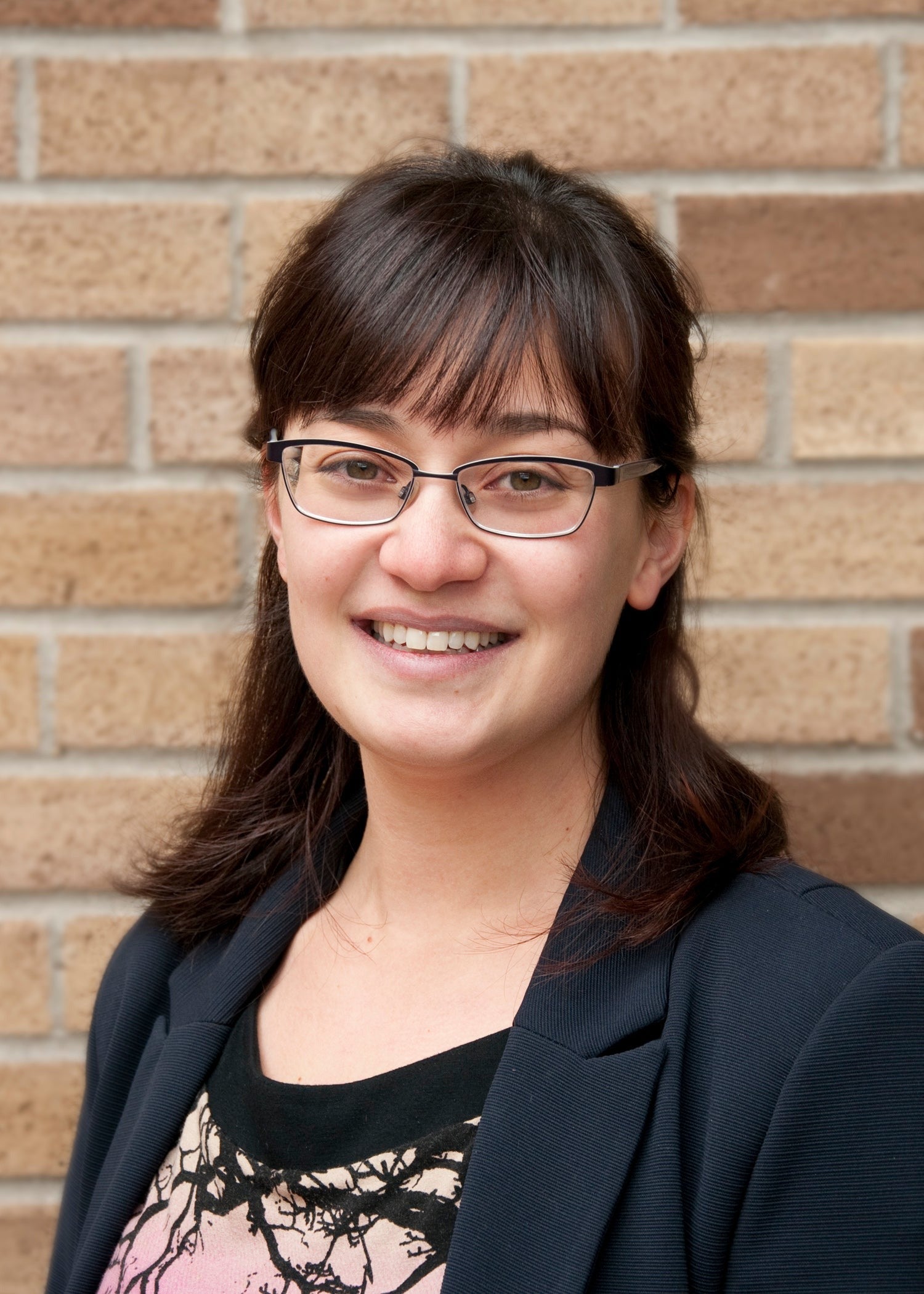
Tiffany Bayley is an Engineering PhD candidate in Management Sciences. She is recognized by students for her dedication and preparedness in her teaching roles for a variety of courses. In 2010, Bayley received a department award for her performance as a teaching assistant. In 2011, she received the Sandford Fleming Teaching Assistant Award. One student remarked that “Bayley’s passion for teaching and deep expertise of the complex concepts [were] evident throughout the entire semester.” Another undergraduate student commented that “her teaching clarifies concepts magically.” Bayley has been described by a faculty member as “a very valuable asset to me, enriching the course with her technical expertise and enabling me to more seamlessly manage different aspects of the course.” Bayley continues to make a difference in the lives of her students by going above and beyond their expectations.
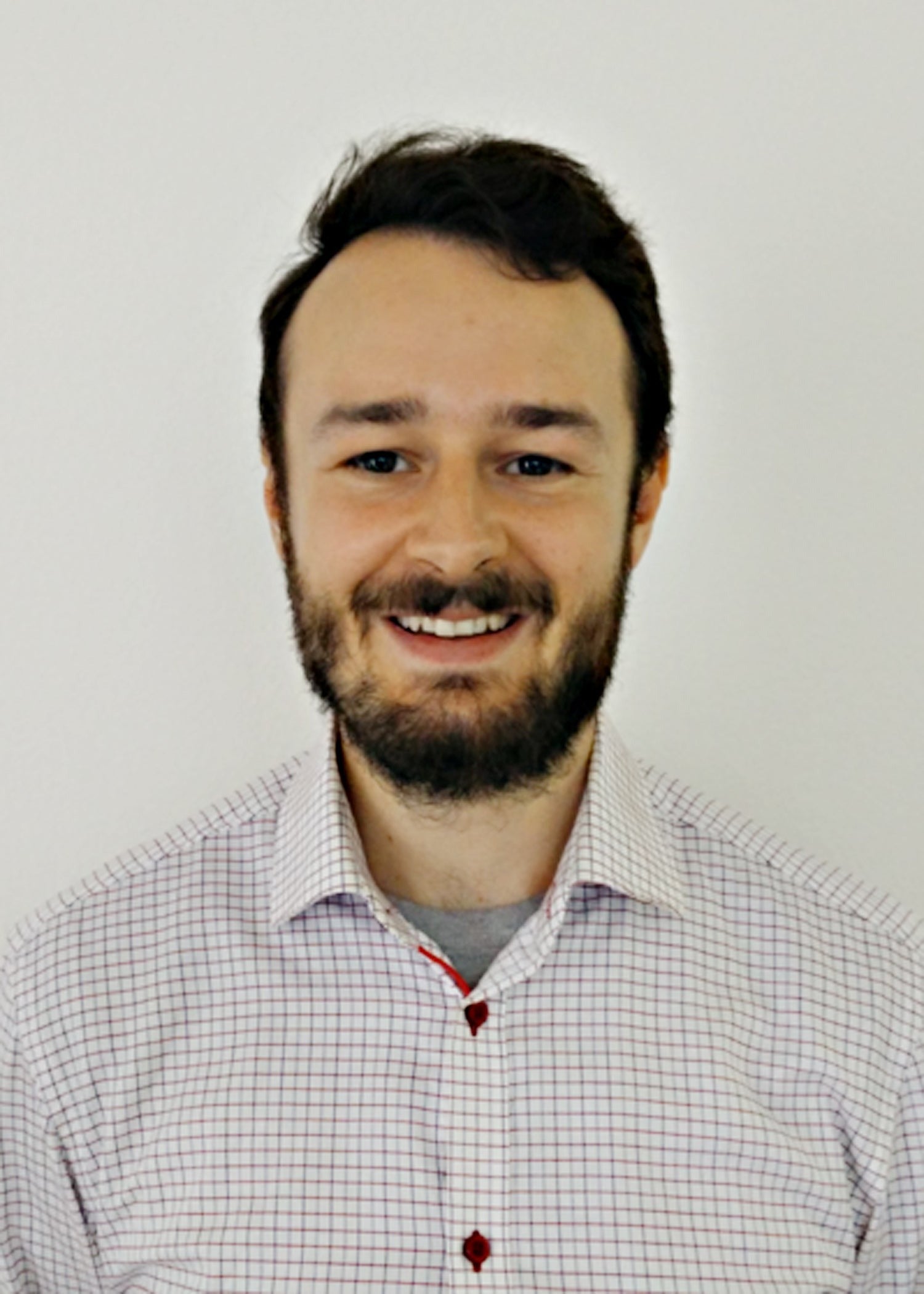
John Doucette, a doctoral candidate at the David R. Cheriton School of Computer Science at the University of Waterloo, is recognized for being approachable, thorough, and passionate about teaching. When ranking Doucette’s teaching on a scale from 1 (unsatisfactory) to 4 (outstanding), one student asked, “Can I give John a 5? Because he deserves one. John is phenomenal!” And another student remarked that “even though it was an 8:30 a.m. lecture, his classes were always full.” A faculty member praised Doucette by expressing that he “is a top-ranked candidate, with an unmatched array of talents and experience.” Doucette began his undergraduate studies at the age of 15. Given his long and proven track record for exceptional teaching, Doucette is a very deserving recipient of this award.
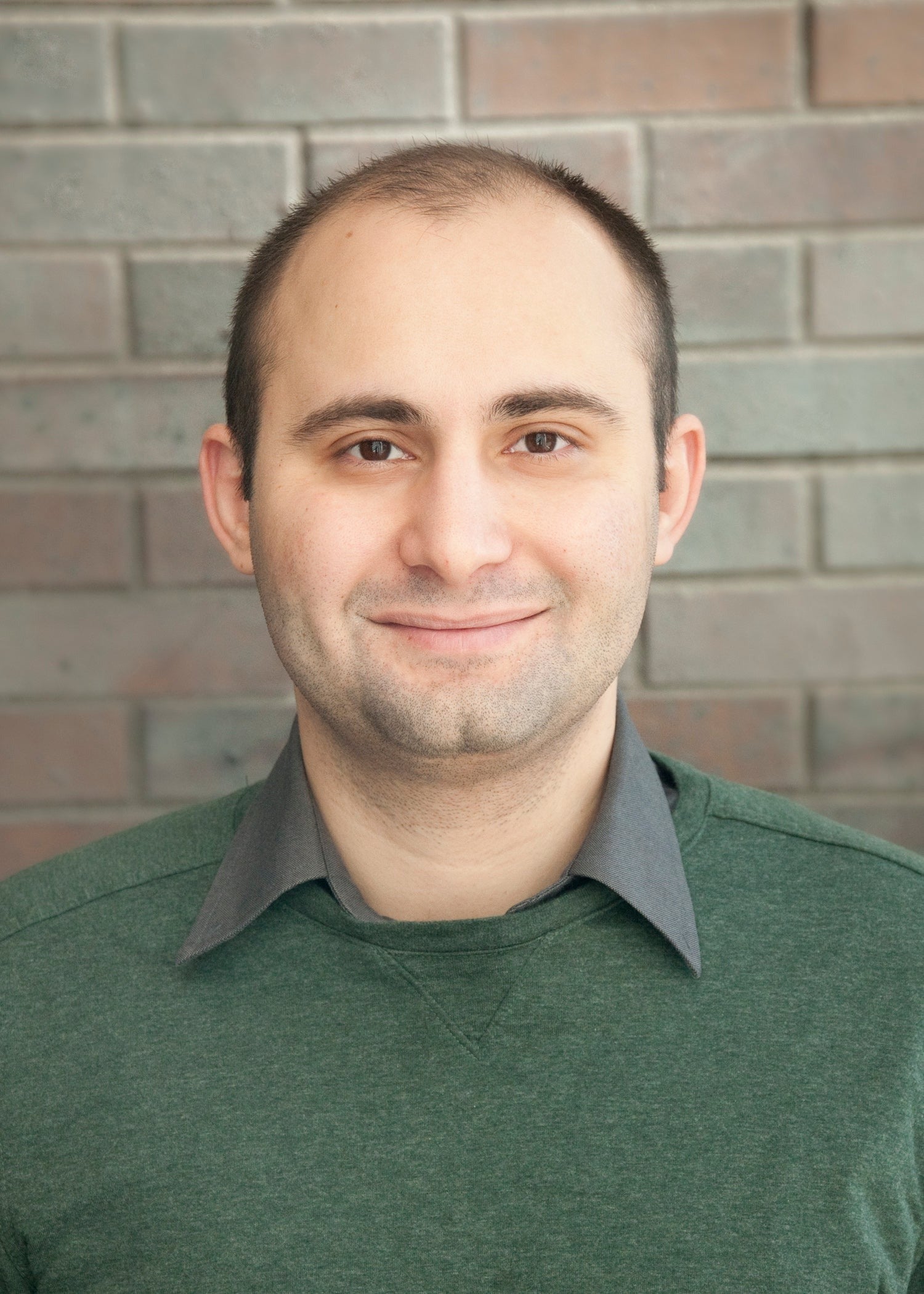
Hadi Hosseini is a highly-motivated PhD candidate at the David R. Cheriton School of Computer Science. He is able to get his students actively involved in the classroom and encourages them to answer (and ask) questions. He shows students that he is genuinely interested in them by learning their names and entertaining “tangential conversations about Computer Science after lectures.” This personal engagement is reflected in Hosseini’s high course evaluations. One undergraduate student commented that “he clearly showed that he cared about his students and their success.” Along with his studies and teaching, Hosseini works at the Centre for Teaching Excellence as a Teaching Assistant Workshop Facilitator to help guide other Waterloo graduate students in advancing their knowledge, techniques, and skills as instructors. One professor remarked that, “As a teaching assistant, Hosseini has always done a phenomenal job.”
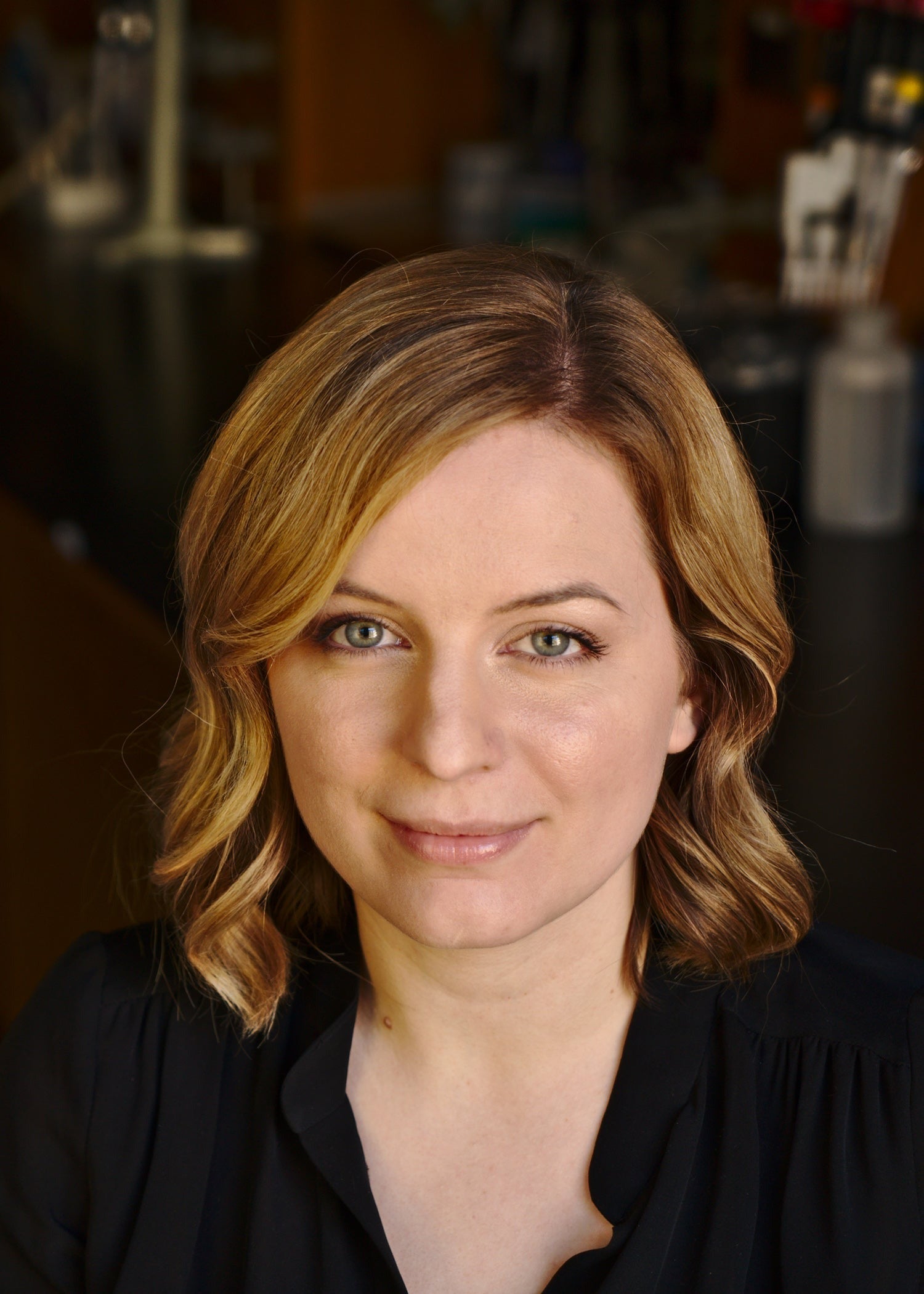
Laura Sauder, a PhD student in Biology working with the Neufeld Research Group, is recognized by students for her unconventional but effective teaching methods. She taught BIOL 240, a course she never took as an undergraduate student, for Josh Neufeld during his sabbatical, and “exceeded his highest expectations.” When her students recall their time at UWaterloo, they will think of her interactive class demonstrations, microbiology art contests, personal anecdotes, and her microbiology Twitter account (@Biol240_2015). Multiple undergraduates commented that Sauder made students in her 300-plus student lectures feel like they were sitting in a class of thirty. On the last day, she provided her students with tips for long-term success in Biology. One undergraduate student remarked that Sauder was “really dedicated and passionate about the material she was teaching.” A Biology professor commented, “Laura Sauder is a rising star of Canadian academia and demonstrates a perfect storm of research and teaching excellence.”
All four winners will be recognized at their respective convocation ceremonies. The award, first established in 1998, was renamed in 2006 and recognizes “excellence in teaching by students who have a formal teaching role (e.g. teaching assistant, laboratory demonstrator, adjunct lecturer) at the University of Waterloo or its federated and affiliated university/colleges.”
#AskAPharmacist: Cancer
This is the latest in a series of posts from the School of Pharmacy celebrating Pharmacist Awareness Month.Colorectal cancer is the number two leading cause of cancer death in Canada. Want to learn how you can prevent it? Clinical Lecturer Tom McFarlane shares an important tip:
What’s an Act of Green? You tell us! All members of the campus community are encouraged to join in the 1000 Acts of Green challenge throughout April. Issued by Jean Andrey, the Dean of Environment, this challenge encourages Waterloo to showcase our everyday sustainable actions, big and small.
Participating is easy!
1. Take a picture of a sustainable action
2. Use the hashtag #1000GreenUW and your faculty or department
3. Post to Twitter, Facebook, or Instagram
Each post enters you into the weekly prize draw for WatCard top-ups and helps your department or faculty show how green it is. Whether it’s recycling, biking, turning off the lights, or buying fair trade coffee, there are lots of ways that you can participate. So be creative, encourage your colleagues to join, and post away!
For prizes, events, ideas, and more, visit the 1000 Acts of Green website.
Remembering Sandra Loucks Campbell, other notes

Human Resources has reported that retired professor Sandra Loucks Campbell died on March 25.
Campbell began her employment with Renison University College in July 2004, holding part-time sessional and full-time definite term appointments. She retired in July 2011 from her positions as part-time faculty member and Co-ordinator of the Bachelor of Social Work Program.
She received the 2009 Canadian Association of Social Workers Distinguished Service Award for Ontario for her commitment to the social work profession and to her professional association. She is survived by her spouse, Allan.
Here's today's Nutrition Month "Myth vs. Fact" supplied by Health Services Nutritionist Sandra Ace:
Myth: Raw vegetables are better for you than cooked.
Truth: Eating a wide variety of both cooked and raw veggies will provide you with optimal health benefits. The theory that raw veggies have a nutritional advantage over cooked is unfounded. In fact, cooking increases the availability of some nutrients in certain vegetables because it helps to break down the plant’s cell walls. When compared to raw, cooked tomatoes are higher in lycopene, a red plant pigment and antioxidant which studies show may be linked to a lower risk of some cancers and heart disease. Cooked carrots are higher in beta-carotene which the body converts to vitamin A that supports vision, reproduction, the immune system as well as healthy skin and other tissues. Lutein, another plant antioxidant that may play a role in preventing age-related macular degeneration, is more easily absorbed when leafy greens like spinach, kale and Swiss chard are cooked than when eaten raw.
Raw food advocates aren’t wrong in that cooking can destroy vitamin C. The key to preserving the nutritional value of cooked vegetables is to use quick or waterless methods. Steam, stir fry or oven roast your veggies until they are tender-crisp rather than mushy. Flavour and nutrient absorption will be enhanced when your veggies are prepared or served with a small amount of healthy fat, like olive oil.
United Way Campaign wins leadership award
On Thursday, March 24, the University of Waterloo won the Leadership Campaign Award at the Community Spirit Awards ceremony.
Waterloo was nominated for awards in two categories: Leadership Campaign and Campaign Team.
The University's United Way campaign raised more than $260,000 this year, and Waterloo has been supporting the cause since 1983.
Pictured above are James Skidmore, co-chair of hte University's United Way Committee, and Jan Varner, CEO of United Way Kitchener Waterloo and Area.
Vote for your favourite CanBuild construct

14 teams from across the University competed yesterday in the 3rd annual CanBuild competition. Their can-structures are now on display in the SLC Great Hall, so feel free to go check them out and cast your vote.
In -person and online voting for the People’s Choice Award opened yesterday at 3:00 p.m. and continues this morning, kicking off at 9:00 a.m. and closing at 12:00 p.m.
You can vote in person in the SLC Great Hall at the Feds Student Food Bank booth, or vote online through the University of Waterloo's Facebook page by liking the photo of their favourite can-structure.
Members of the University community are welcome to attend the awards ceremony held today at 2:00 p.m. Follow the action on social media with the hashtag #UWaterlooCAN.
Link of the day
A pop culture timeline of the Cold War
When and where
1000 Acts of Green campaign, Monday, March 28 to Friday, April 22.
Vote Online for CanBuild 2016, Tuesday, March 29, 9:00 a.m. to 12:00 p.m.
CanBuild 2016 award ceremony, Tuesday, March 29, 2:00 p.m., Student Life Centre Great Hall.
New Faculty Information Social Tuesday, March 29, 2:30 p.m. to 4:00 p.m., GSC 1151.
Author event with Stuart McGill, “Back Mechanic,” Tuesday, March 29, 4:00 p.m., Bookstore, South Campus Hall.
TheGROOVE, Tuesday, March 29, 5:00 p.m., CPH-3067. Contact Cindy Howe for more information.
Waterloo Institute for Sustainable Energy (WISE) presents Energy Day, Wednesday, March 30, 8:30 a.m. to 3:00 p.m., Federation Hall.
TheGROOVE, Wednesday, March 30, 12:10 p.m., CPH-3607. Contact Cindy Howe for more information.
HeForShe Advocate Event featuring Jennifer Berdahl, PhD, Montalbano Professor of Leadership Studies at the University of British Columbia Sauder School of Business, “From fixing the women to liberating the men: Gender in Organizations,” Wednesday, March 30, 4:00 p.m., STJ 3014.
Author Event with Anne Millar and Mary Wells, "Women of Impact," Wednesday, March 30, 5:00 p.m., E5 3101.
WaterTalk Lecture by Prabhakar Clement, Auburn University, “Worthiness of complex groundwater models for decision making-when should we say enough is enough?“ Thursday, March 31, 2:30 p.m., DC 1304.
Author Event with Gordon Harrison, "Morality in Non-human Animals," Thursday, March 31, 4:00 p.m., Bookstore, South Campus Hall.
Sexuality, Marriage, and Family Studies Research Symposium featuring Keynote Dr. Susan Dion, concurrent sessions of presenters; “Cultural Pluralities: Situating the Studies of Sexualities, Relationships, and Families”, Friday, April 1, 8:00 a.m. to 6:00 p.m., St. Jerome’s 1036, Siegfried Hall.
Drama and Speech Communication seminar, "New Directions in Play Development with playwright Neil Wechsler," Friday, April 1, 10:00 a.m., Theatre of the Arts, Modern Languages.
Research Talks event featuring Canada Research Chair Jennifer Clapp, "Trade: opportunity or threat for global food security?" Friday, April 1, 12:00 p.m., DC 1302. Please register – seating is limited.
Water Institute Seminar featuring Prabhakar Clement, Auburn University, “Authorship and author rank: Misuses, misunderstanding and a meaningful solution,” Friday, April 1, 12:30 p.m., RCH 211.
Adrian Smith Lecture 2016 featuring Dr. John Cherry, "Chemical Hydrogeology: Importance for Aquitard Science and Implications," Friday, April 1, 2:00 p.m., EIT 1015.
CrySP Speaker Series featuring Seda Gürses, Princeton University, “PET Sematary: Privacy's return from the dead and the rise of Privacy Engineering,” Friday, April 1, 2:30 p.m., DC 1304.
Knowledge Integration Senior Research Project Symposium, Friday, April 1, 4:00 p.m. to 6:00 p.m., Minto Atrium, EV3.
University of Waterloo Department of Music presents the University of Waterloo Balinese Gamelan Ensemble, Friday, April 1, 7:30 p.m.
Representing Ambience Today: Tracing the Materiality of Virtual Objects Symposium, Saturday, April 2, 9:00 a.m. to 9:30 p.m., School of Architecture. Register online.
University of Waterloo Department of Music presents “Reaching Out: University Choir,” Saturday, April 2, 7:30 p.m., First United Church, 16 William St. W. Waterloo.
University of Waterloo Department of Music presents UW Jazz Ensemble, Sunday, April 3, 2:00 p.m. Conrad Grebel Great Hall.
University of Waterloo Department of Music presents Chiaroscuro: Chamber Choir, Sunday, April 3, 7:30 p.m., St. John the Evangelist Church, Kitchener.
Lectures end, Monday, April 4.
Grand Opening of the Centre for Mental Health Research Operational Stress Injury (OSI) Service, Monday, April 4, 1:30 p.m., Federation Hall.
University of Waterloo Department of Music presents Instrumental Chamber Ensembles, Monday, April 4, 7:30 p.m., Conrad Grebel Chapel.
Pre-examination study days, Tuesday, April 5 to Thursday, April 7.
FAUW Workshop for Tenured Faculty, “Faculty Applying for Promotion to Full Professor Workshop,” Tuesday, April 5, 10:00 a.m., DC 1304.
FAUW workshop for tenure-track faculty, “Faculty Recently Hired to their First Probationary Term Workshop,” Tuesday, April 5, 12:00 p.m., DC 1304.
St. Paul’s GreenHouse Social Impact Showcase, Tuesday, April 5, 4:00 p.m. to 5:30 p.m., Alumni Hall, St. Paul’s University College.
TheGROOVE, Tuesday, April 5, 5:00 p.m., CPH-3067. Contact Cindy Howe for more information.
Annual Staff Conference, Wednesday, April 6 and Thursday, April 7, Science Teaching Complex.
FAUW workshop for tenure-track faculty, “Faculty Applying for Probationary Contract Renewal Workshop,” Wednesday, April 6, 10:00 a.m., DC 1304.
FAUW workshop for tenure-track faculty, “Faculty Applying for Tenure Workshop,” Wednesday, April 6, 2:30 p.m., DC 1304.
Ed Jernigan Thank You Event, Wednesday, April 6, 3:00 p.m. to 5:00 p.m., University Club. Register now.
Exams begin, Friday, April 8.
Online examination days, Friday, April 8 and Saturday, April 9.
Gender and Equity Scholarship Series featuring Dr. Andrea Collins, School of Environment, Resources, and Sustainability, “Gender, Land, and Global Governance: Governing Global Land Deals?” Wednesday, April 13, 11:30 a.m., MC 5501.
Watts Up – Home and Work Energy Savings Lunch and Learn event, Wednesday, April 13, 12:00 p.m., EV2 2006.
UW Retirees’ Association Spring Reception, Wednesday, April 13, 3:00 p.m., University Club.
20 Minute Makeover campus tidy-up event, Friday, April 22, 12:00 p.m., EV2 1001.
Examinations end, Saturday, April 23.
New Faculty Information Social today
The next New Faculty Information Social is taking place Tuesday, March 29, from 2:30 p.m. to 4:00 p.m. in GSC 1151. (Please come to HR Reception, GSC1110, and you will be guided to the meeting room.)
This March Information Social will focus on research integrity and the process for obtaining research ethics clearance to conduct research with human participants at the University of Waterloo. Sacha Geer, the manager of the Office for Research Ethics, will be joining us to give a presentation and answer your questions.
All new or newish faculty are welcome. Please let us know if you are coming by e-mailing Monica Vesely.
PhD Oral Defences
Economics. Mykhaylo Oystrakh, "The Effect of Technological Innovation on Economic Activity." Supervisor, Jean-Paul Lam. On deposit in the Arts graduate office, PAS 2428. Oral defence Friday, April 1, 1:30 p.m., MC 2009.
Systems Design Engineering. Keyvan Kasiri, "Multi-Atlas based Segmentation of Multi-Modal Brain Images." Supervisors, David Clausi, Paul Feiguth. On deposit in the Engineering graduate office, PHY 3003. Oral defence Monday, April 4, 9:00 a.m., E5 6111.
Chemical Engineering. Maryam Reza, "Simultaneous Removal of Ammonia and Phosporus from Wastewater in a Continuous Flow Vertical Bioreactor." Supervisors, Xianshe Feng, Manuel Alvarez Cuenca. On deposit in the Engineering graduate office, PHY 3003. Oral defence Friday, April 8, 9:00 a.m., E6 2022.
Psychology. Lindie Liang, "On the Causes and Consequences of Abusive Supervision." Supervisor, Douglas Brown. On deposit in the Arts graduate office, PAS 2428. Oral defence Tuesday, April 12, 9:30 a.m., PAS 3026.
Chemical Engineering. Robert Black, "The Impact of Degradation Reactions on Aprotic Metal O2Battery Performance." Supervisor, Linda Nazar. On deposit in the Engineering graduate office, PHY 3003. Oral defence Wednesday, April 13, 10:00 a.m., QNC 1501.
